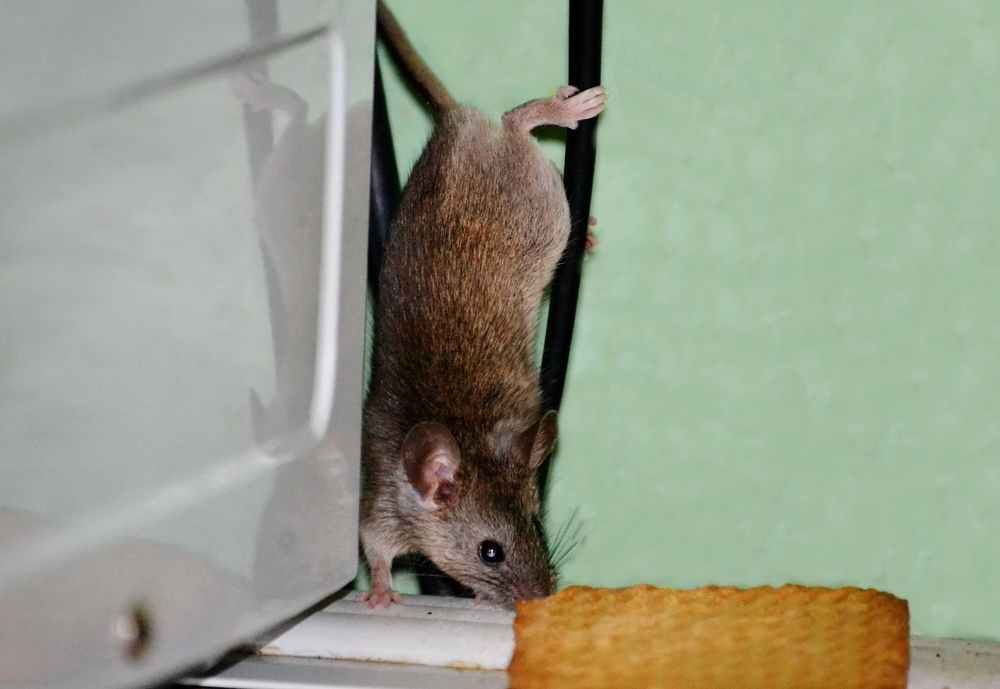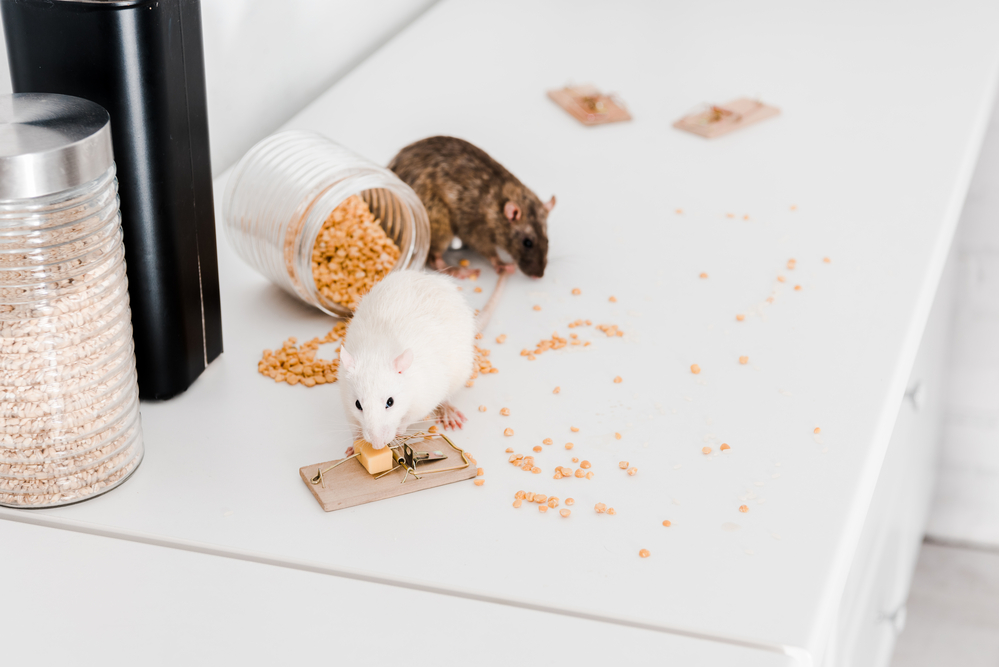When winter comes, rats will often seek shelter and warmth within human inhabited properties, bringing with them disease, filth, and their ever sharp teeth.
Unfortunately, rats are pretty unsociable housemates and if action is not taken the moment that you identify an issue, these rodents pose a serious threat to both people and property.
In Liverpool, rats are a major issue, as they are in every city and town up and down the UK. They are particularly bothersome in coastal cities as black rats and other species brought in from abroad on cargo ships join the brown rats that are present across the whole of the nation in creating pest control problems.
By reading this quick guide to some of the most common signs of a rat infestation, you will be able to catch the problem before it becomes too serious, keeping your issues under control and preventing you from having to pay out thousands for major property repair.

Small holes
Rats are far larger than their mouse cousins but can still squeeze their way through remarkably small gaps in order to gain access to your home.
In fact, despite weighing up to 500g, a brown rat, the most common rat species in the UK and the cause of almost all rat related pest problems, can squeeze their way through gaps as small as a 10p coin.
If you spot a small hole on the interior or exterior walls of your property, there is a chance it was either made by rats, or is being used by them to gain access to your property. You should arrange for a professional pest control company to come out and check for rodent activity if you see such a hole, and either seal it yourself or arrange for a contractor to come and do it for you.
Noises from your walls or ceilings
If you keep hearing strange noises coming from your attic, walls, or basement, particularly at night, rodents are likely responsible.
No matter if it is grey squirrels, mice, or indeed rats that are making the racket, the noises that you are hearing may well be the sound of them destroying the insides of your walls, and fast action is needed.
Unfortunately, rats are known for their tendency to chew through electrical wiring, creating sparks that are responsible for a significant number of property fires each year so it is essential that you don’t delay when you believe that you may have discovered evidence of pest activity.
Strange pet activity
If you have noticed that your car or dog has begun to act oddly around the home, constantly sniffing at areas where they have no reason to, for example, they may well be reacted to the unusual scent of rodent activity.
A large rat infestation will be accompanied with a pretty ripe musky odour that even you will be able to smell but as cats and dogs have a far superior smell sense to humans, they will often pick up the scent much sooner.
They will often pick up the trail of a single rodent that has scuttled their way through your home and by acting on pet intelligence you could have catch your rat infestation before it has escalated into anything serious and minimise the damage done.
Of course, if your pet actually catches a rat, with the exception of cats that are allowed to roam freely outside, this is pretty much the clearest indication you can get that you have rodent activity beyond seeing a live pest with your own eyes.
Physical sightings
If you see a rat inside your property, there is a good chance there are plenty more nearby, as these creatures tend to stay well out of sight whenever they can, especially during daylight hours when they are least active.
If you see a rodent during the day, therefore, you should call for professional help immediately as the risks associated with a large rat infestation are extremely worrisome.
Gnaw marks

As we have already discussed, rats love to chew things, both to find material for their nest and to keep their ever growing teeth in check.
Take a close look along the skirting board, legs of furniture, cardboard, and any other materials left lying around the property for any signs of chew marks. You will probably need a professional pest controller to tell you exactly what rodent species has caused these marks but they are certainly a good place to start.
If you have spotted any of the signs mentioned in this article, get in touch with a professional rodent control company as soon as possible. These expertly trained team will use their knowledge of rodent activity and raft of pest control technologies to eradicate the infestation and give you some great tips for preventing them ever coming back.